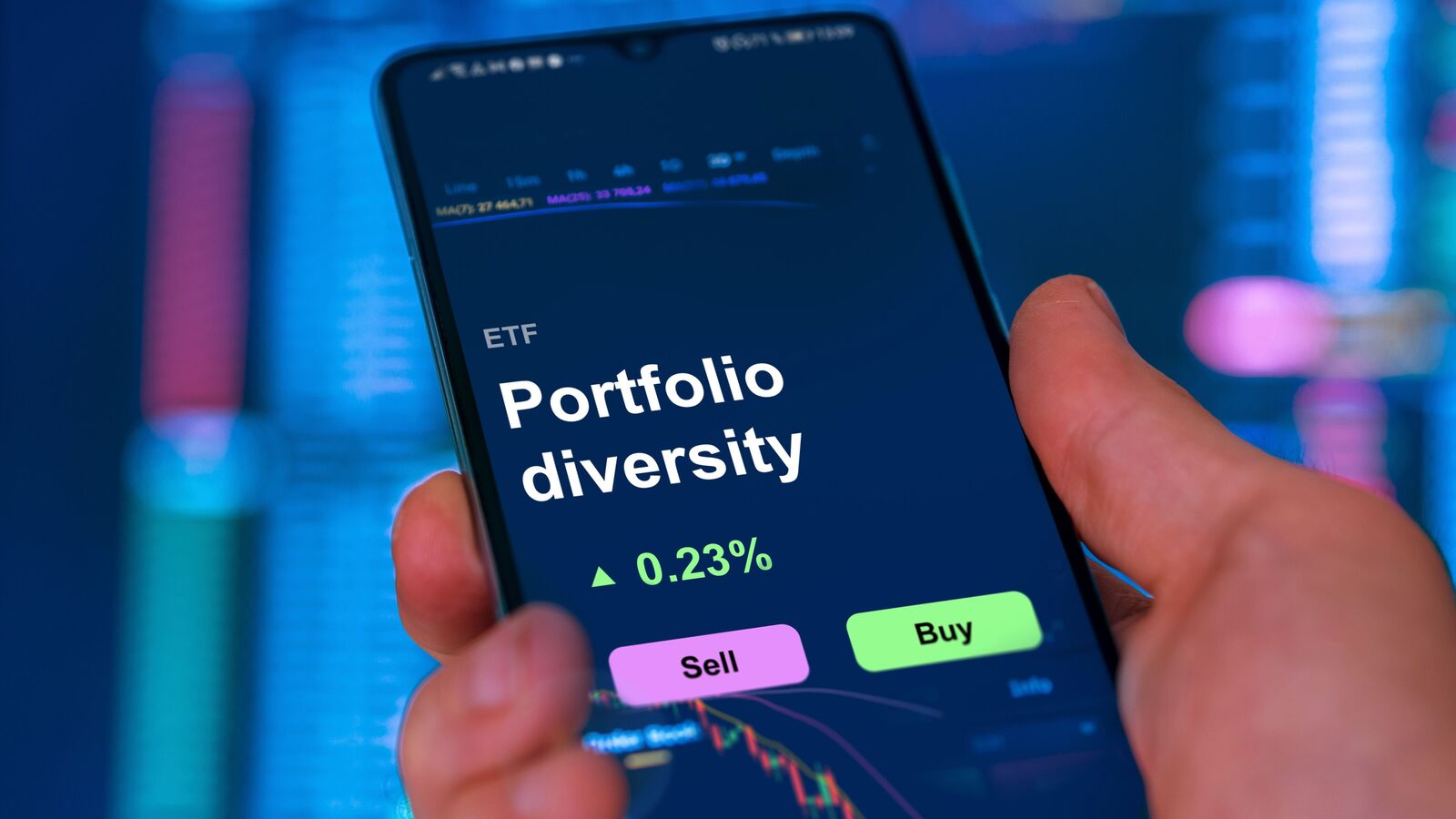AI won’t pick your stocks and funds for you

The questions I was asked reflected widespread beliefs among people and media about AI’s role in finance: that AI is already managing substantial portions of mutual fund portfolios, that AI tools are actively analyzing stock holdings for retail investors, and that we’re on the cusp of delegating investment decisions entirely to machines.
The underlying assumption seemed to be that AI has become, or soon will become, a replacement for human investment judgment.
This perspective, whilst understandable given the breathless coverage of AI’s capabilities, fundamentally misunderstands both the current state of the technology and the nature of successful investing. The reality is quite different and, honestly, more interesting than the simplified narrative of machines taking over investment management.
Consider Norway’s sovereign wealth fund, the world’s largest at approximately $1.8 trillion, which has been making headlines for its aggressive adoption of AI. The fund has indeed integrated AI tools, such as Claude, Copilot, and Perplexity, across all 676 employees, claiming an impressive 15-20% productivity boost and saving roughly 213,000 work hours annually. The technology helps monitor their 9,000 investments across 16 languages, reducing analysis time from days to minutes.
That’s great if it’s actually happening, but here’s what’s important to understand: the AI isn’t making investment decisions. It’s accelerating research, streamlining monitoring, and enhancing the efficiency of processes that these skilled investment professionals already knew how to do. The fund’s human analysts remain firmly in control of actual investment choices, using AI as a powerful research assistant rather than a decision-maker.
Not so fine line
This distinction matters enormously because it highlights AI’s current sweet spot in investing: Enhancing existing expertise rather than replacing it. For the retail investor, this translates to a simple but important principle: AI can be tremendously valuable for tasks you already understand, but potentially dangerous for those you don’t, and I do mean dangerous.
The recent launch of Anthropic’s “Claude for Financial Services” illustrates this perfectly. The product is designed to help financial professionals with research, analysis, and documentation—essentially making skilled practitioners more efficient, rather than enabling novices to bypass the need for knowledge and experience. It’s a research accelerator, not a crystal ball.
For individual investors, this reality check is particularly relevant. The questions posed to me reflected a common fantasy: That AI might soon render the need to understand investing fundamentals obsolete. Why learn about financial statements when AI can analyze them? Why develop investment discipline when algorithms can make decisions? Why bother with the tedious work of building knowledge when technology promises shortcuts?
The answer lies in understanding what makes investing successful over time. Despite decades of technological advancement, the core challenges of investing remain remarkably consistent: Managing emotions during market volatility, maintaining discipline during euphoric bubbles and depressing crashes, understanding the difference between price and value, and, most importantly, knowing yourself well enough to decide on one’s goals and to stick to a sensible long-term strategy.
These are all human challenges that require human solutions. An AI may identify undervalued companies more quickly than any human analyst. Still, it cannot help you resist the urge to panic-sell during a market crash or prevent you from chasing the latest investment fad. It cannot teach you the patience required for compound growth or the wisdom to ignore daily market noise.
Unfamiliar territory
Moreover, there’s a fundamental risk in using AI for tasks beyond your competence. If you don’t understand the basics of equity valuation, how can you evaluate whether an AI’s stock recommendations are sensible? If you haven’t developed an investment philosophy, how will you know whether an algorithm’s approach aligns with your goals and risk tolerance? Using AI as a crutch for knowledge you lack is like using GPS navigation in unfamiliar territory without understanding basic geography—you’re completely dependent on technology working perfectly in situations where it might not.
The most promising applications of AI in investing today are precisely those that enhance rather than replace human judgment. Research acceleration, pattern recognition in large datasets, document analysis, and portfolio monitoring are all areas where AI can genuinely help informed investors become more effective.
The key insight is that AI works best as a collaborator with expertise, not as a substitute for it. For retail investors, this means the fundamentals remain unchanged: Understand what you’re investing in, develop a coherent strategy, maintain discipline, and stay focused on long-term goals. AI can help you research more efficiently and remain informed more easily, but it cannot replace the knowledge, patience, and emotional discipline that successful investing ultimately requires.
The technology is great, but the wisdom to use it effectively remains a human quality.
Dhirendra Kumar is the founder and chief executive of Value Research, an independent investment advisory firm.



